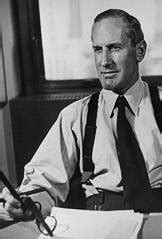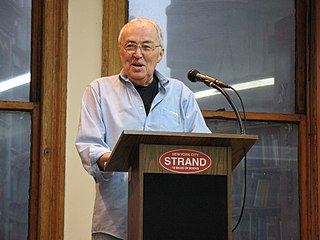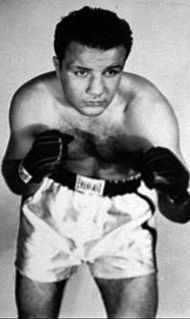A Quote by T.S. Mathews
Pound was silly, bumptious, extravagantly generous, annoying, exhibitionistic; Eliot was sensible, cautious, retiring, soothing, shy. Though Pound wrote some brilliant passages, on the whole he was a failure as a poet (sometimes even in his own estimation); Eliot went from success to success and is still quoted--and misquoted--by thousands of people who have never read him. Both men were expatriates by choice, but Eliot renounced his American citizenship and did his best to become assimilated with his fellow British subjects, while Pound always remained an American in exile.
Quote Topics
Always
American
American Citizen
American Citizens
American Citizenship
Annoying
Become
Best
Both
Brilliant
British
Cautious
Choice
Citizenship
Did
Eliot
Estimation
Even
Exile
Expatriates
Failure
Fellow
Generous
Him
His
Men
Misquoted
Never
Own
Passages
People
Poet
Pound
Read
Remained
Retiring
Sensible
Shy
Silly
Some
Sometimes
Soothing
Still
Subjects
Success
Though
Thousands
Thousands Of People
Were
While
Whole
Wrote
Related Quotes
The right merchant is one who has the just average of faculties we call common sense; a man of a strong affinity for facts, who makes up his decision on what he has seen. He is thoroughly persuaded of the truths of arithmetic. There is always a reason, in the man, for his good or bad fortune in making money. Men talk as if there were some magic about this. He knows that all goes on the old road, pound for pound, cent for cent - for every effect a perfect cause - and that good luck is another name for tenacity of purpose.
Well, I don't like the UK. I haven't ever been a fan of the pound (sterling),
and even though they are taking some steps in the right direction - more so than the US - in addressing some of their problems, I still think they're doing it much too slowly. So, I think that the pound will continue to lose value relative to some of these other currencies. I ultimately expect the pound to rise against the dollar, but that's not the best way to take advantage of dollar weakness.
The whole gospel of Karl Marx can be summed up in a single sentence: Hate the man who is better off than you are. Never under any circumstances admit that his success may be due to his own efforts, to the productive contribution he has made to the whole community. Always attribute his success to the exploitation, the cheating, the more or less open robbery of others. Never under any circumstances admit that your own failure may be owing to your own weakness, or that the failure of anyone else may be due to his own defects - his laziness, incompetence, improvidence, or stupidity.




































